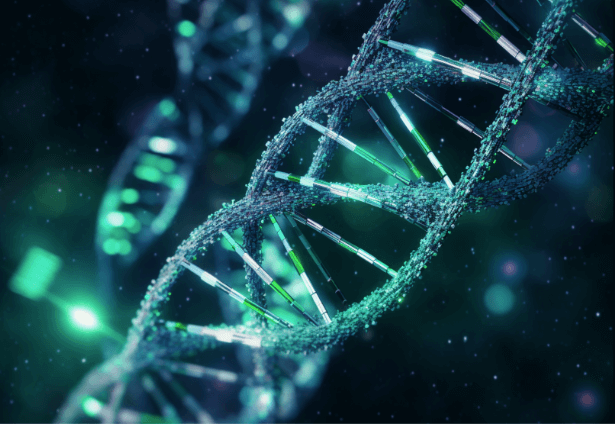Our group mainly focuses on the integration of artificial intelligence and biotechnology techniques to solve important biological problems and find novel therapeutic approaches against diseases. Below are summaries of our current research directions:
 Through incorporating our prior biological knowledge, understanding of biological data generation, known biophysical or mathematical models, we aim to develop efficient machine learning approaches to model large-scale biological data, to empower biomedical researches. Combining with wet-lab experimental validation and preclinical/clinical validation, we hope to gain important biological insights into complex molecular mechanisms and develop new therapeutic approaches against serious diseases.
Through incorporating our prior biological knowledge, understanding of biological data generation, known biophysical or mathematical models, we aim to develop efficient machine learning approaches to model large-scale biological data, to empower biomedical researches. Combining with wet-lab experimental validation and preclinical/clinical validation, we hope to gain important biological insights into complex molecular mechanisms and develop new therapeutic approaches against serious diseases.
 By fully exploiting our interdisciplinary background and closely collaborating with researchers from diverse areas, we aim to develop novel high-throughput experimental techniques to obtain the profiles abut the molecule-level cellular activities. Based on the generated large-scale data, we will develop new bioinformatics tools and machine learning models to obtain novel insights about the related molecule cellular activities and gene regulation.
By fully exploiting our interdisciplinary background and closely collaborating with researchers from diverse areas, we aim to develop novel high-throughput experimental techniques to obtain the profiles abut the molecule-level cellular activities. Based on the generated large-scale data, we will develop new bioinformatics tools and machine learning models to obtain novel insights about the related molecule cellular activities and gene regulation.
 We seek to develop novel therapeutic methods through fully taking advantage of current powerful artificial intelligence techniques and data-driven approaches. By efficiently combining high-throughput experimental techniques and machine learning approaches, we aim to address the current bottlenecks in the key steps of drug discovery, such as target identification, hit identification, lead optimization, and design of drug delivery systems.
We seek to develop novel therapeutic methods through fully taking advantage of current powerful artificial intelligence techniques and data-driven approaches. By efficiently combining high-throughput experimental techniques and machine learning approaches, we aim to address the current bottlenecks in the key steps of drug discovery, such as target identification, hit identification, lead optimization, and design of drug delivery systems.
 We will apply interpretable machine learning frameworks to model the gene activity processes based on the large-scale multi-omics data to extract the meaningful biological rules. In the end, we hope to derive the mathematical or physical principle of the biological knowledge, with the help of the current high-throughput experimental profiling techniques and powerful artificial intelligence approaches.
We will apply interpretable machine learning frameworks to model the gene activity processes based on the large-scale multi-omics data to extract the meaningful biological rules. In the end, we hope to derive the mathematical or physical principle of the biological knowledge, with the help of the current high-throughput experimental profiling techniques and powerful artificial intelligence approaches.